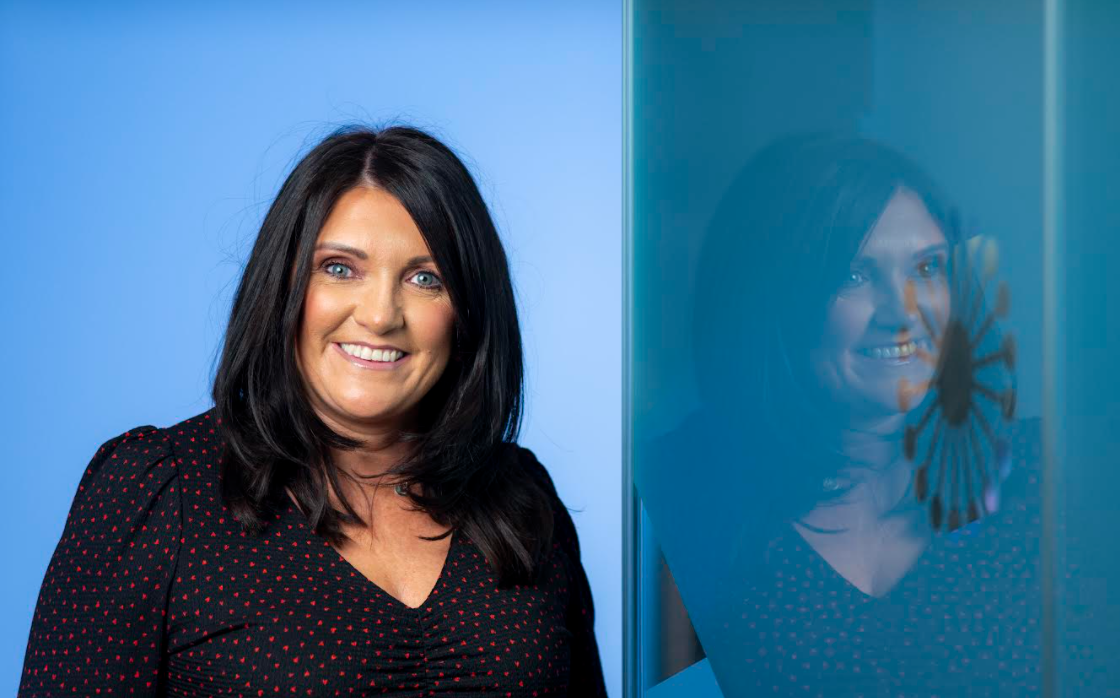Auxilion, a leading provider of digitally transformative IT services and solutions, today announces the results of a survey* which reveals that the thing office workers miss most about the office is socialising and interacting with colleagues (53%).
This was followed by separation between work life and home life (40%), routine (35%), getting out of the house/apartment (34%) and the sense of team (28%).
The survey – conducted by Censuswide and involving around 1,000 office workers in Ireland – found that some 39% of office workers say the pandemic has had a negative impact on their company culture.
Wexford ranked the highest county in this regard, with 55% of office workers from this area saying the pandemic has had a negative impact on same. This was followed by Kilkenny (53%), Laois (52%), Cavan (50%) and Meath (50%).
Despite this, just over a fifth (21%) of all survey respondents would like to be in the office full time going forward. The highest demand for a return to the office was among workers from Monaghan (56%), Kerry (35%) and Louth (32%).
The study also revealed the biggest challenges for office workers when working from home. These are less separation of personal and work lives (42%), being unable to talk to colleagues face-to-face (40%), loneliness/isolation (39%), a lack of motivation (30%) and non-work distractions (30%).
To break this down generationally, Gen Z respondents say the biggest challenge when working from home is lack of motivation (44%). Meanwhile, Millennials find loneliness/isolation (40%) the most difficult aspect and Gen X say it’s being unable to chat to colleagues face-to-face (46%).
For the Boomer generation, the top challenges were non-work distractions, lack of suitable technology/equipment and loneliness/isolation (36% respectively).
Furthermore, the research found that almost a fifth (18%) of those surveyed took a career break to look after children, parents, or other dependent relatives during the pandemic. In fact, almost half (47%) of Gen Z respondents took a career break for this reason.
Niamh Cray, Head of People and Talent at Auxilion, said: “Hybrid work is still a new concept and one that many Irish companies still have to figure out in terms of best practice. Employers have to be mindful that a one-size-fits-all approach won’t work, with some thriving at home and others craving a return to the office.
“Organisations need to get the balance and their approach right. While greater flexibility is a major benefit for people, businesses must ensure that this doesn’t have an impact on the ability of people to be collaborative, interactive and productive – or jeopardise work/life balance.
“Putting the practical tools and well-thought-out strategies in place to empower workers will be the way forward and will help to create the new workplace. For example, more effective communication tools might be needed or flexible start times could prove beneficial.
“Listening to people is also key and understanding their challenges, whilst helping to overcome them, will also help to rejuvenate company culture. In fact, you could say that these challenges are opportunities to make the employee experience even better than before.”
About the survey
All statistics relate to the office workers/respondents who completed this survey. The research was conducted by Censuswide between 19.01.2022 and 26.01.2022. The survey reached 1,001 Office workers in the Republic of Ireland. Censuswide abides by and employs members of the Market Research Society which is based on the ESOMAR principles.
